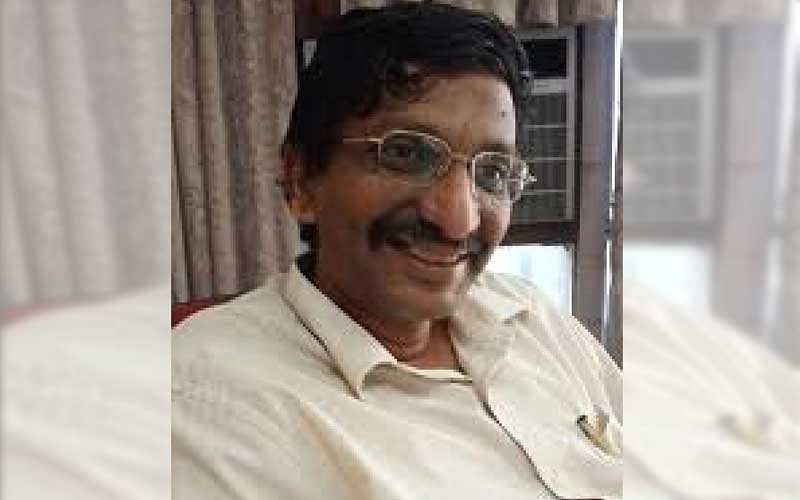
The High Court of Karnataka has stayed the Indian Institute of Science’s (IISc) decision to force a professor into retirement after he was found “guilty” of sexually harassing a doctoral student.
Giridhar Madras, 51, a professor of chemical engineering, was forced to retire on October 17, 2018, after the IISc’s internal complaints committee (ICC) found that the sex abuse charges against him were true.
Justice R Devdas, hearing a petition by Prof Madras, stayed the premier institute’s decision on Monday. The court concurred with Prof Madras that the IISc failed to give him a show-cause notice before forcing him into retirement. Further, the woman had been satisfied with the professor’s response to her first complaint which was eventually closed. Her second complaint did not accuse him of sexual harassment.
In his petition, Prof Madras stated that the ICC had informed him about the complaint in December 2016 without identifying the woman. The professor denied the allegation.
In January 2017, the woman requested the ICC not to proceed further with the inquiry as she was satisfied with the professor’s response. Accordingly, the ICC closed the complaint.
On March 19, 2017, the woman made a second complaint to the ICC, requesting that another professor be assigned to supervise her as she suspects that Prof Madras was “ignoring” her.
She requested the ICC to initiate proceedings against him. She did not, however, accuse him of sexual harassment the second time.
‘Arbitrary finding’
On February 8, 2018, the ICC issued an inquiry report, “arbitrarily” finding Prof Madras guilty of sexual harassment. Eight months later, the IISc forced him into retirement with immediate effect.
Prof Madras argued that Section 10 of the Sexual Harassment of Women at Workplace (Prevention, Prohibition and Redressal) Act, 2013, bars further proceedings if the complainant and the respondent reach a settlement, which is what happened with the first complaint.
He contended that the ICC had no jurisdiction to initiate further investigation.